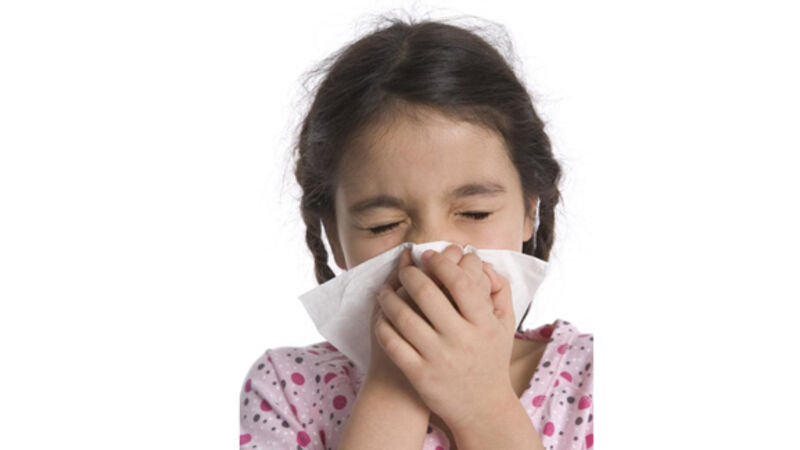Dr Bernadette Carr is here to answer your questions

Croup is common in children aged six months to 12 years and more common in boys than girls.
There are usually outbreaks in autumn and winter possibly because colds and other viruses are more common in these months. Most children will improve within 48 hours and make a full recovery within a week.











